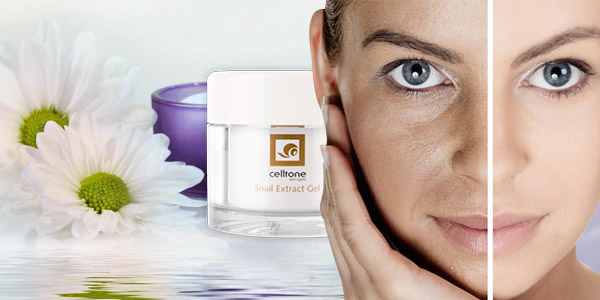One of the most common requests we get as a skin care company is for skin care that will help lighten the tone of people’s skin and reduce pigmentation.
This is nothing new – the practice of skin whitening is said to date back to Elizabethan times when women and men strived to achieve a pale white skin complexion. This was considered to be a sign of beauty and also of social standing. Those who could afford to, applied Ceruse – a paste made from vinegar and white lead – to their face, neck and chest.
Mercury was also used to wash the face, acting like a chemical peel to make the skin soft and fresh. Despite becoming aware of the dangers of both lead and mercury, these beauty treatments well into the 18th century and mercury can still be found in some skin whitening creams and soaps today.
While a whiter skin complexion is still considered desirable in some cultures, more and more women are seeking skin whitening treatments to treat skin problems associated with hyperpigmentation as a result of sun damage, skin irritation, hormonal imbalances or birth control pills.
So, what causes pigmentation?
Melanin is the brown pigment produced in the melanocytes in the skin and is the body’s natural protection against the harmful effects of UV rays, however, an over production of melanin (hyperpigmentation) can cause uneven skin tones and other skin disorders.
Chemicals traditionally used in skin whitening products can include hydroquinine, mercury and steroids. While the use of these chemicals has been banned in some countries, ingredients like hydroquinine may still be prescribed by physicians.
The biggest danger of exposing the skin and body to these toxic chemicals is that, over time, they can produce adverse side effects and serious health concerns including skin discoloration, malfunctions of the nervous system and internal organs and an increased risk of cancer.
What are the alternatives?
Since many chemical-based skin lighteners have now been found to have serious health concerns, researchers and skin care companies have been prompted to look for safer alternatives.
Extensive testing of many plant species has lead to the discovery of a number of all natural lightening ingredients that act to supress melanin production, in the same way as their chemical-based counterparts, but which are non-toxic and do not carry the risk of serious side effects.
While natural skin lightening products still vary they generally include ingredients such as arbutin, emblica, liquorice, mulberry extract, kojic acid or Vitamin C.
In line with this trend Celltone has created a safe brightening system for our customers. We have created the perfect system with a face wash to prepare the skin, a day cream that protects and brightens the skin by preventing it from going darker in the sun and a night cream which brightens the skin while you sleep.
All the products in the range contain Niacinnamide (vitamin B) which helps the skin maintain its normal barrier function and improves skin tone and texture.
It also uses Arbutin, a natural botanical extract derived from plants such as bearberry, pear, and pomegranate, and which possesses natural skin-brightening properties to impart a natural-looking, youthful glow to all skin types.
Used together as a complete system, the Celltone Brightening Range promises a more radiant and brighter complexion.
For more information on the Celltone Brightening Range go to www.celltone.co.za.
[Additional info www.skinwhiteningnews.org]


